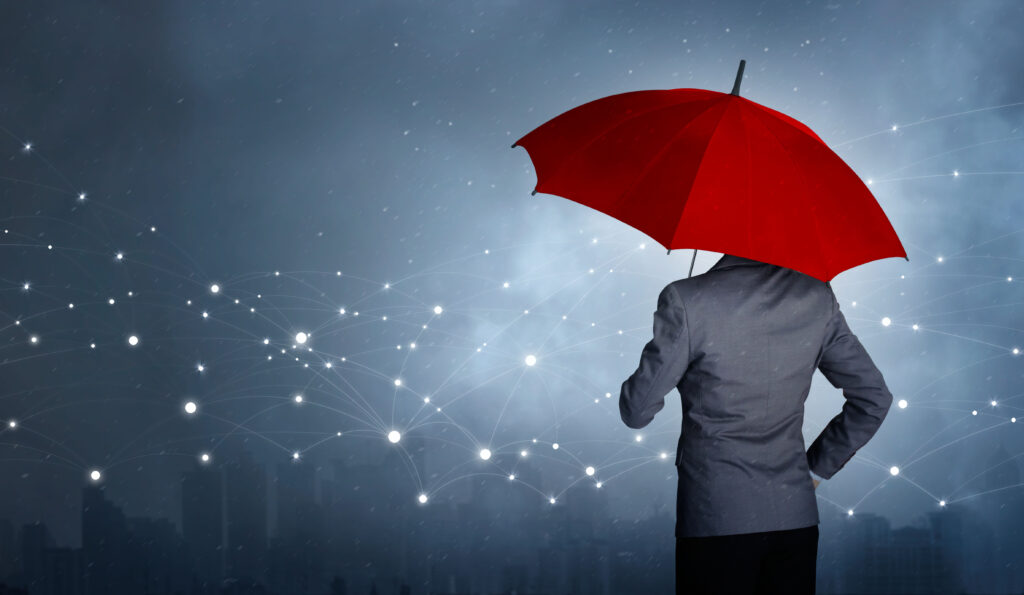
Imagine you are sitting at your desk one ordinary working day, typing away on your computer when suddenly, the lights go out, the air conditioning stops, and your computer shuts down.
A major power outage has occurred, paralyzing your organization’s activities and triggering a ripple effect of disruptions throughout the operational cycle. Power is a critical infrastructure that businesses often take for granted, until an outage sheds light on how essential it truly is.
To fully understand the impact of a power failure on businesses, let’s simulate a tabletop exercise scenario. This method is a role-playing activity where stakeholders walk through the various processes, policies, and contingencies surrounding a hypothetical situation – in this case, a significant power outage.
The Immediate Impact
Firstly, the immediate impact of a power outage is loss of lights, heating or cooling, and IT infrastructure. Businesses heavily dependent on technology, such as e-commerce sites, IT firms, and call centers, will experience significant operational challenges. Employees might lose unsaved work, clients may be unable to reach customer service, and sales could plummet due to website downtime.
For industries like manufacturing or health services, power outages could mean a halt in production lines, compromise patient care, or render critical equipment, like MRI machines or ventilators, useless. Restaurants might see perishable goods spoiled, while financial institutions could face interrupted transactions, causing both monetary loss and customer dissatisfaction.
Secondary Effects
Beyond the immediate repercussions, the power failure can also set off a domino effect of secondary consequences. The lack of power could hinder the ability of security systems to function, leaving businesses vulnerable to theft or vandalism. If a company operates in multiple locations, the disruption in communication could lead to misunderstandings, misaligned responses, and further operational delays.
On a broader scale, a sustained power failure can damage a business’s reputation. Customers may lose trust in a company that frequently experiences downtime, and prospects may be deterred by the company’s perceived instability.
The Human Element
Moreover, employee morale and productivity can take a significant hit during a power failure. Employees might feel frustrated or stressed due to the inability to perform their jobs effectively, leading to a decrease in productivity. There might also be health and safety concerns if the power outage impacts climate control or emergency systems.
Financial Impacts
Lastly, the financial consequences of a power outage are often severe. According to data from the U.S. Federal Energy Regulatory Commission (FERC), power outages cost American businesses as much as $150 billion (about $460 per person in the US) annually. These costs come from revenue loss during the outage, the cost of rebooting operations, damage to equipment, and potential compensation to customers for the interruption of services.
Related: Which plan do you activate during an incident?
Preparing for Power Failure
Having understood the severity of a power outage’s impact on businesses, it is crucial to have a business continuity plan (BCP) in place. The BCP should outline the steps to take in the event of a power outage, such as securing backup power sources like generators, having an offsite data recovery strategy, and communicating with stakeholders promptly.
Additionally, conducting regular tabletop exercises will help businesses identify gaps in their response plan, improving their resilience over time. These exercises not only prepare employees to respond effectively to a power failure but also foster a culture of preparedness and resilience within the organization.
Summary
In conclusion, the threat of a power failure is very real, and its impacts on businesses are far-reaching. While we cannot prevent power outages from occurring, we can control how we respond and recover from them. By understanding the potential impacts and having a robust response plan in place, businesses can ensure they are better equipped to navigate the storm when it comes.